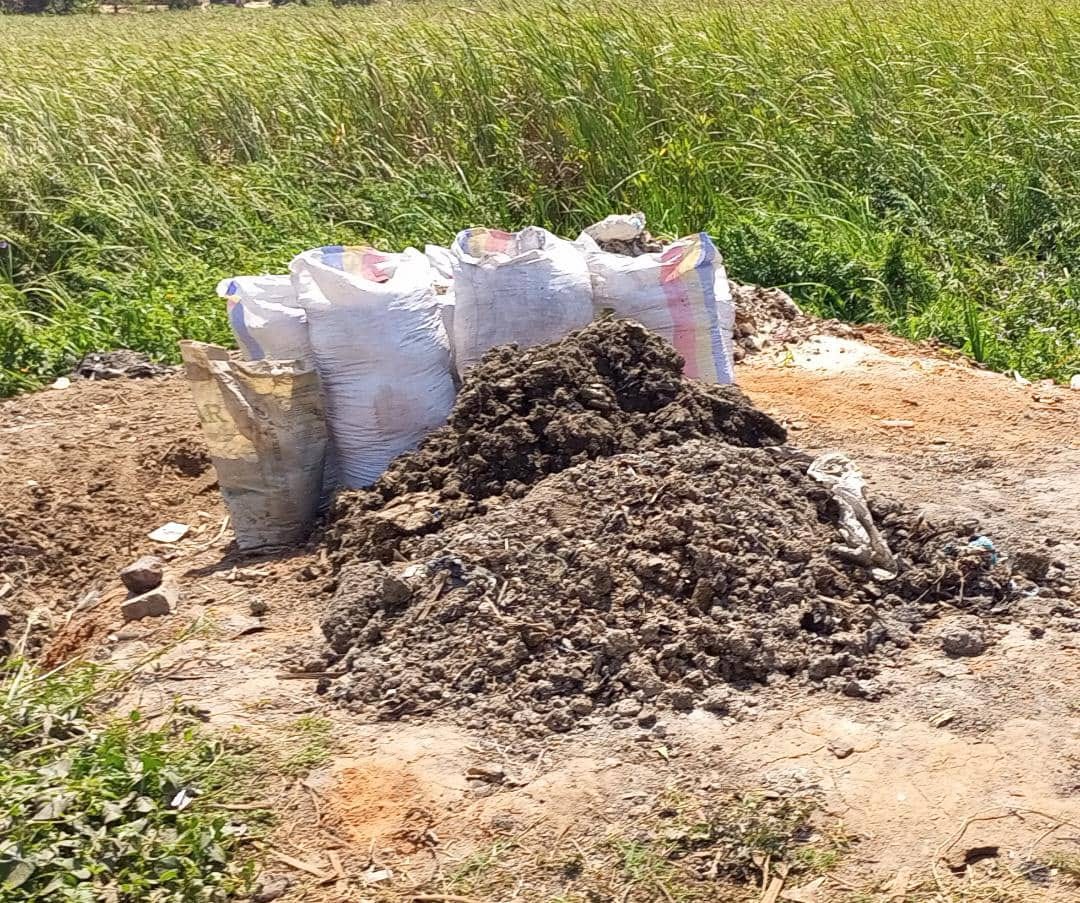Farmers resorting to manure as prices of chemical fertilizer skyrocket
In the midst of this year's high fertiliser prices in the country, some farmers have decided to use manure this farming season.
Malawi: In the midst of this year's high fertiliser prices in the country, some farmers have decided to use manure this farming season.
In the midst of this year's high fertiliser prices, some farmers have resolved to use manure this season.
Commenting on the use of manure, Patson Nalivata, Head of Crop and Soil Science at Lilongwe University of Agriculture and Natural Resources (Luanar), advises farmers to exercise extreme caution when substituting chemical fertiliser for manure.
"Most manure takes time, so farmers should be advised on how to make proper manure with all nutrients for crops; as for Mbeya fertiliser, farmers should be cautious because some soils will require more nutrients than the percentage used to make Mbeya fertiliser. So, if farmers substitute chemical fertiliser for manure without proper guidance, their yield may suffer," Nalivata said.
Farmers should use good farming practices, according to Nalivata, if they want to reduce their use of chemical fertilisers.
"To improve soil structure and nutrients, farmers should use modern farming methods such as mleranthaka,” Nalivata stated.
Frank Nyirenda, a farmer from Manyamula EPA in Mzimba, agrees with Nalivata, saying that as farmers, they lack knowledge on what to include in manure production.
"We are not agricultural experts; we rely on field assistants, but it is difficult to find direct expertise; this year, I am experimenting with different types of manure; it will take time for me to master these manures. With the current fertiliser prices, we have no choice but to try manure; most farmers here make Mbeya fertiliser, but we are concerned about the output." Nyirenda explained.
A bag of 50 kilogrammes of fertiliser currently costs more than K70 000.






Very real challenge indeed. There is some promising research and several years of experience around using biological alternatives to fertilizers and pesticides that FAO and partners have developed, based on work in East Africa. Which may be an opportunity to turn a crisis into a sustainable future, as biological alternatives have very positive impact on the regeneration of soil, water runoff etc. and it seems can even yield similar results. For more check:
https://www.agroecology-pool.org/agroecology-dialogue-series/
https://www.agroecology-pool.org/wp-content/uploads/2022/09/Input_Scarcity_Backgroud_paper_Final.pdf
So frustrating to see global energy price spikes and other issues making life harder for farmers in Malawi and other countries in sub-Saharan Africa.